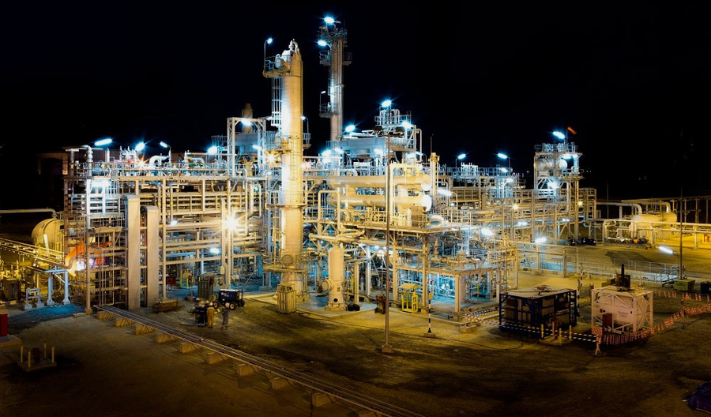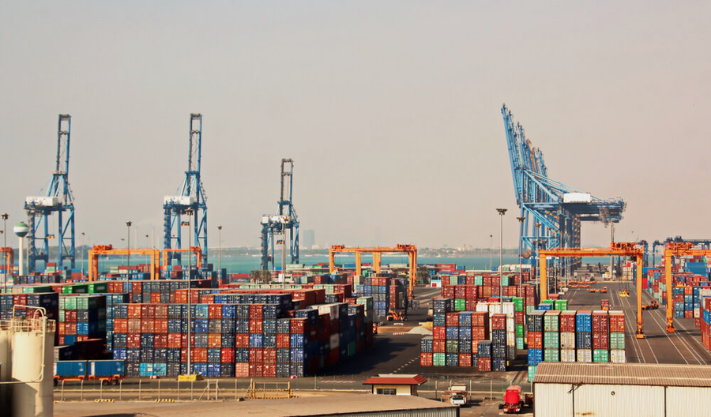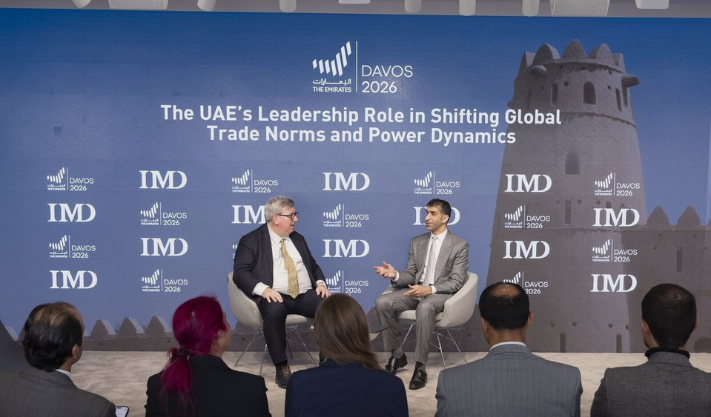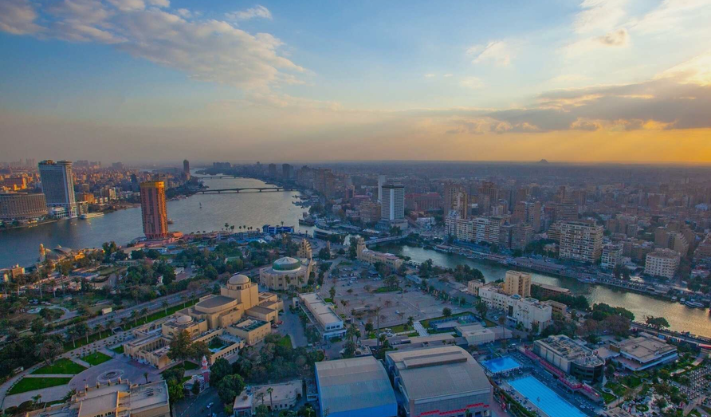Qatar Reports $208 Million Budget Deficit in Q2, Ending 3-Year Surplus Run
Qatar had a budget deficit of $207.6 million in the second quarter of the year, ending its three-year streak of budget surpluses. This was also the second quarter in a row with a deficit, according to the finance ministry.
Why the Deficit Happened
Government spending rose by 5.7% to $16.6 billion, while revenue slightly dropped to $16.4 billion. Most of Qatar’s income still comes from gas, which brought in $9.3 billion this quarter. Other sectors added $7.1 billion. The budget assumes oil prices at $66.80 per barrel.
Spending breakdown:
-
$5 billion went to salaries
-
$6 billion to other ongoing expenses
-
$4.8 billion for major projects
-
$767.9 million for smaller projects
In the first quarter, Qatar had a $137.1 million deficit with revenues of $13.5 billion.
Qatar’s Economy
The economy grew 3.7% in the first quarter compared to last year, reaching $49.8 billion. The non-oil sector now makes up 63.6% of the economy, up from 62.6%. This growth was led by:
-
Manufacturing (5.6%)
-
Construction (4.4%)
-
Real estate (7%)
The oil sector grew by 1% and now makes up 36.4% of the economy.
New Investment Program
In May, Qatar launched a $1 billion plan to attract investment. It will cover up to 40% of business costs over five years. This includes spending on setup, buildings, equipment, rent, and staff.
The first phase focuses on:
-
New projects
-
Expanding facilities
-
Going digital
-
Creating skilled jobs
-
Transferring knowledge
Key sectors include manufacturing, logistics, IT, and finance.
Future Outlook
The IMF expects Qatar’s economy to grow 2% in 2024–2025, with average growth of 4.75% over the longer term. Growth will be helped by more LNG production, public investment, and tourism.
Inflation is expected to fall to 1% soon and settle around 2% in the future.
Published: 18th July 2025
For more article like this please follow our social media Twitter, Linkedin & Instagram
Also Read:
ADNOC Shifts 24.9% OMV Stake to Investment Unit XRG
Bahrain, US Sign $17B Deals to Strengthen Economic Ties
Saudi Arabia’s Inflation Steady at 2.3% in June as Rent, Food Rise





